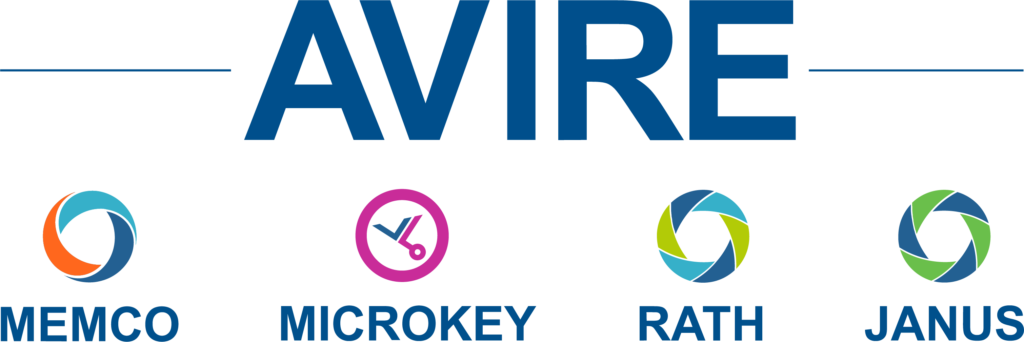As of 21st February 2025, key updates to lift safety standard references are now in effect under the Lifts Regulations (Notice of Publication 0089/23). These updates reflect significant advancements in passenger safety, accessibility, and emergency communication compliance. If you own, maintain, or manage lifts, it is crucial to understand how these changes affect your systems and what steps you need to take to remain compliant.
What You Need to Know
Among the most critical updates is the revision to EN 81-28:2022, which outlines new standards for remote alarm and emergency communication systems in lifts. The two key changes that directly impact compliance include:
1. 3-Day Test Calls Must Use the Same Method as the Alarm Call
Before: Since 2003, the mandatory three-day test calls for emergency communication systems could be conducted using a different method than actual alarm calls. This meant that some systems used alternative methods, such as:
- Sending an SMS or data packet rather than making a real voice call.
- Dialling a separate test number instead of connecting to the actual emergency service.
- Bypassing parts of the system, meaning the GSM voice channel might not have been fully tested.
Now: Test calls must replicate the exact method used for real emergency alarms. If a lift’s emergency system operates on a GSM-based network (such as MEMCO by AVIRE’s DCP), the three-day test call must test the GSM voice channel, rather than relying solely on SMS or data.
Why this matters:
- Realistic testing – Ensures the entire system functions properly in a real emergency.
- Reliability – Confirms that voice communication operates as intended.
- Compliance – Lift owners must meet this requirement to avoid penalties and ensure passenger safety.
2. Battery Backup is Now Required for Both the GSM Gateway and Autodialler
Before: Only the autodialler (alarm system) was required to have a battery backup, while the GSM gateway (transmitter) was not included in the requirement.
Now: If the transmitter is integrated within the alarm system (such as in a single-unit GSM gateway and autodialler like AVIRE’s DCP), both components must have a monitored battery backup.
Why this matters:
- Emergency calls remain operational during power outages.
- Ensures full compliance – Failure to meet this requirement could result in operational downtime and regulatory penalties.
Matthew Davies, Business Development Manager, MEMCO by AVIRE & Member of BSI MHE/4 Committee commented, “It’s good to see these references being updated to the latest version of the designated standards. This ensures lift owners and those in the industry will be pointed towards the highest level of safety for their lifts.”
Additional Updates Now in Effect
The update to EN 81-28:2022 is part of a broader set of safety and performance changes under the Lifts Regulations. Other important updates include:
- EN 81-20:2020 – Safer Lift Construction
Improves safety for both passengers and technicians with stronger lift walls, better lighting, emergency exits, and enhanced shaft access.
- EN 81-21:2022 – Installing Lifts in Older Buildings
Updates regulations to allow safe installation of lifts in buildings with limited space, using flexible design options to improve accessibility.
- EN 81-58:2022 – Fire-Resistant Lift Doors
Introduces stricter fire resistance testing to prevent flames and smoke from spreading, enhancing passenger safety during fire emergencies.
- EN 81-70:2021+A1:2022 – Inclusive Lift Access
Enhances lift usability with larger buttons, improved lighting, clearer voice instructions, and increased wheelchair space, ensuring compliance with modern accessibility standards.
What Should You Do?
To ensure compliance and avoid operational risks, lift owners, facility managers, and service providers should take immediate action:
- Test your emergency call system – Verify that test calls use the same method as actual alarm calls.
- Check your battery backup – Ensure that both the autodialler and GSM gateway have a monitored backup.
- Upgrade if needed – If your system does not meet the new requirements, it must be updated to remain compliant.
How MEMCO by AVIRE Can Help
AVIRE provides fully compliant digital communication solutions, simplifying the transition to the latest standards:
- DCP (Digital Communication Platform) – A future-proof emergency communication system featuring 4G connectivity, automated test calls, and battery backup.
- AVIRE Hub – A remote monitoring platform that automates compliance checks, reduces maintenance visits, and provides real-time system status updates.
Stay Compliant & Keep Passengers Safe
These changes are now in effect. If your lift’s emergency communication system is not yet compliant, now is the time to act. Ensuring compliance not only avoids regulatory penalties but also guarantees the safety of passengers.
For assistance with checking your system or upgrading to a compliant solution, contact AVIRE today.

